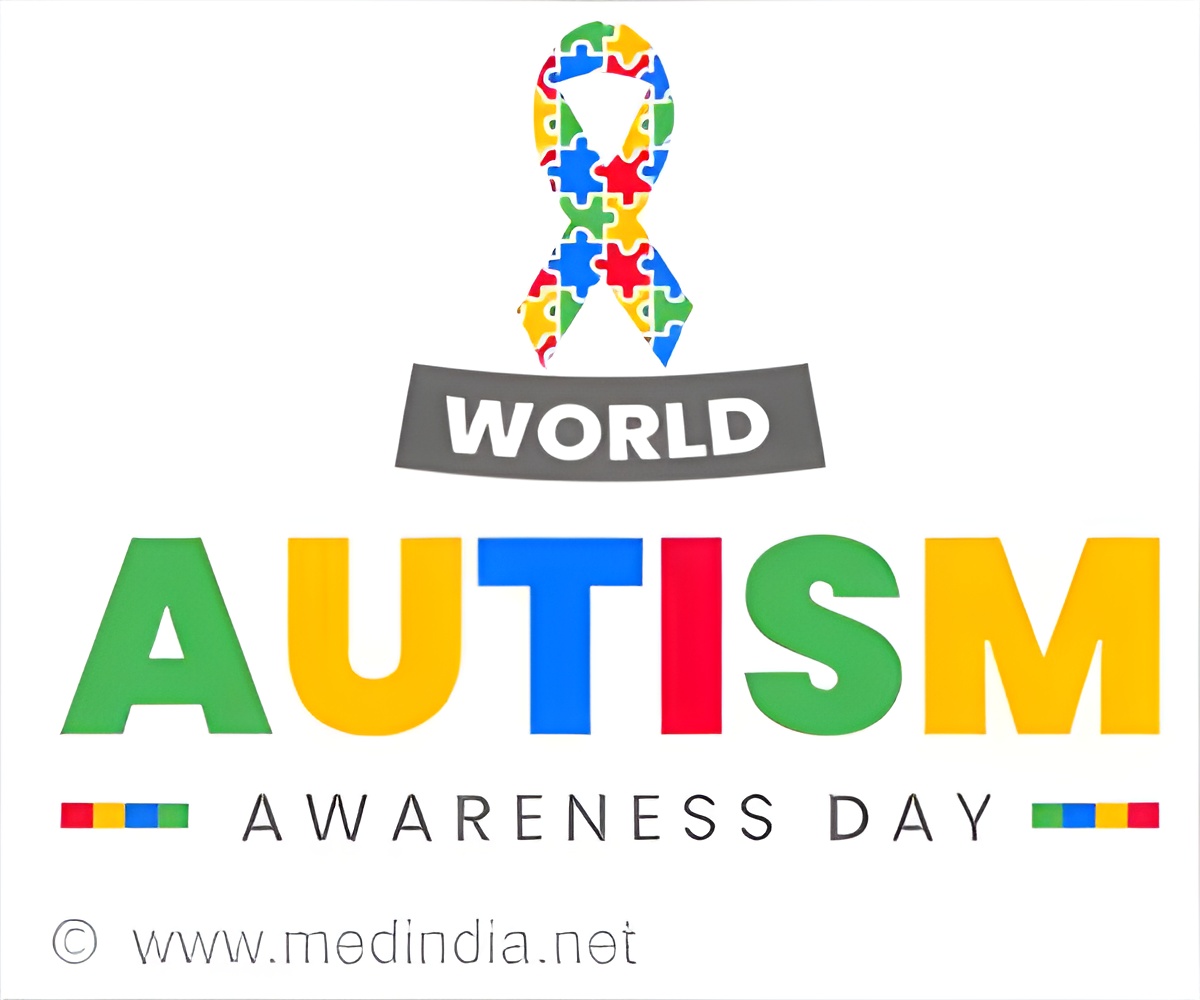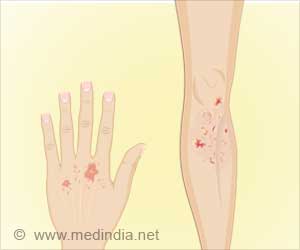World Autism Day: Individuals with and without autism share more in common. Thus, increasing awareness of autism may be critical to help patients.

‘In India, it is estimated that around 18 million people have autism. Statistics further reveal that the number of children diagnosed with autism in India is increasing. Low awareness, a lack of basic services, and poor diagnosis, among other factors, have all led to the country's astonishing surge in the number of autism cases.’





Autism is the world’s third most common developmental disability, a neurological illness that usually manifests by the age of three. ASD affects approximately 1% to 1.5% of children aged 2 to 9 years. Around 10% of school-aged children have been identified as having mild to severe learning difficulties.
While several studies blame environmental and genetic reasons behind autism, Dr. Madhukar Bhardwaj, senior consultant, neurology, Aakash Healthcare, Dwarka stated that "having an autistic immediate family member, mutations in the genes, fragile X syndrome and other genetic disorders, low birth weight, metabolic imbalances, exposure to heavy metals and environmental toxins, viral infections in pregnant mothers are some of the other suspected risks of this disease."
Bhardwaj said that although detecting autism in children under the age of one year is challenging, a diagnosis can be made by the age of two if the signs are appropriately diagnosed.
"A quarter of children with autism spectrum condition will have a regression in language or social abilities, most commonly between the ages of 18 and 24 months," he noted.
Advertisement
A landmark study from the universities of Bath, Cardiff, Manchester, and King’s College London found that fundamental psychological systems are not impaired in autistic people as once thought.
Advertisement
In three experiments, they analyzed the link between autistic personality traits and thinking style. In the fourth, they compared 200 autistic and over 200 non-autistic people. Overall, their results showed that autistic people think as quickly and as rationally as non-autistic people.
Even as there is yet no cure for this disease, "genetic testing for people with ASD is now being requested by developmental paediatricians, neurologists, psychiatrists, and other specialists, as well as primary care doctors," said Dr. Gauri Agarwal, founder & director, Genestrings Diagnostics and Seeds of Innocence.
"ASD is a complex condition for which genomic testing can give patients, families, and healthcare providers valuable clinical information. Whole Genome Sequencing will go hand-in-hand with microarrays as the standard of care genomic test for ASD in the not-too-distant future," she added.
Source-IANS









